15 Biggest Mergers and Acquisitions of All Time

 Although some of the largest deals ever recorded are set to go through this year, such as Anheuser-Busch InBev and SAB Miller; Dow and DuPont; and Heinz and Kraft; here’s a list of the 15 biggest mergers and acquisitions of all time:
Although some of the largest deals ever recorded are set to go through this year, such as Anheuser-Busch InBev and SAB Miller; Dow and DuPont; and Heinz and Kraft; here’s a list of the 15 biggest mergers and acquisitions of all time:
- Vodafone Acquires Mannesmann ($180.95 billion)
In February of 2000, the biggest merger in history took a three-month battle for Germany’s Mannesmann AG to surrender to Britain’s Vodafone AirTouch PLC. Vodafone became the largest company on the London stock market at the time and the fourth largest in the world.
- AOL Purchases Time Warner ($164 billion)
The second largest deal of all time brought all forms of media to one place, which was meant to revolutionize the internet in January of 2000. Unfortunately, this poorly timed deal happened at the burst of the dot-com bubble and economy recession, resulting in AOL stock dropping from $226 billion to about $20 billion.
- Verizon Buys Rest of Shares from Vodafone($130 billion)
In September of 2013, Verizon sealed the deal with Vodafone, buying out the rest of its shares for $130 billion dollars and ending this British and American partnership. This 45 percent stake in Verizon was paid by almost half in cash and half in Verizon stock.
- Pfizer Acquires Warner-Lambert with Breakup Fees ($90 billion)
Creating the second-largest pharmaceuticals company in the world at the time, this February 2000 merger, in February of 2000, resulted in one of the largest breakup fees ever. To settle this deal, American Home received a $1.8 billion breakup fee that was part of its agreement with Warner-Lambert.
- AT&T Buys BellSouth ($85.8 billion)
In December of 2006, federal regulators approved this delayed acquisition of BellSouth. This deal was the largest telecommunications merger in history and also gave AT&T total control of Cingular Wireless, which BellSouth owned 40 percent of.
- Exxon Merges with Mobil Corp ($81 billion)
After agreeing with the U.S government to sell more than 2,400 stations across the country, Exxon was approved to merge with Mobil Corp in November of 1999. At the time, Exxon Mobil Corp became the biggest of the three leaders, which included Royal Dutch/Shell and UK-based BP Amoco.
- Charter Communications Acquires Time Warner Cable ($79 billion)
After the FCC approved this deal in May of 2016, Charter acquired Time Warner Cable after several conditions. This includes refraining from imposing usage-based pricing and capping customer’s monthly data use.
- Glaxo Wellcome PLC Merges with SmithKline Beecham ($75.7 billion)
After being locked in a power struggle in a potential merger in 1998, the two did eventually merge in September of 2000. This merger resulted in a company named GlaxoSmithKline, the world’s largest drug maker at the time.
- Royal Dutch Petroleum Corporation And Shell Transport & Trading Merge after Years of Working Together ($74.5 billion)
After working together for decades, the two companies finally merged in 2005. Although shareholders were against the new management style, Royal Dutch Shell did eventually become the second largest publicly traded oil firm in the world at the time.
- Comcast Buys AT&T Broadband ($72 billion)
This strategic merger in 2001 created one of the most powerful communications, media, and entertainment companies in the world. The deal originally agreed upon the merged corporation to be called AT&T Comcast Corporation, but after sealing the deal, the company was left as the Comcast Corporation.
- Actavis Acquires Allergan Inc. ($70.5 billion)
In March of 2015, Actavis acquired Allergan, causing Actavis to be one of the world’s largest drug makers by sales. The acquisition was projected to be quite profitable, achieving at least 10% in revenue growth in the coming years.
- Citicorp And Travelers Group Inc. Form Largest Financial Services Company ($70 billion)
In April of 1998, Citicorp and Travelers Group created the world’s largest financial-services company at the time, which offered banking, insurance and investment operations in 100 countries. This deal gave Travelers the ability to market mutual funds and insurance to Citicorp’s retail customers and also gave the bank access to a wider range of investors and insurance purchasers.
- Pfizer Provides a Change to Current Trends with Wyeth Acquisition ($68 billion)
As one of the first large mergers that was not a forced bank merger orchestrated by the government at the time, Pfizer’s acquisition of Wyeth turned things around in January of 2009. Although the deal almost fell through because of disputes about Pfizer’s ability to back out of the deal in response to a changing economy, the acquisition did go through and became the biggest merger since AT&T and BellSouth.
- The Start of Verizon ($64.7 billion)
In June of 2000, FCC Bell Atlantic Corp merged with GTE Corp to become Verizon, the combination of the Latin word for truth, veritas, and the word horizon. At the time, this merger resulted in Verizon controlling a third of the nation’s local telephone market.
- SBC Communications Acquires Ameritech ($62 billion)
As the largest telecommunications merger at the time, this deal allowed SBC to control 60 million phone lines across the US. In 1999, this brought about serious concerns over competition in the telecommunications industry that resulted in 30 conditions that were set by the FCC.
If you found this interesting, you might also enjoy some of these posts:
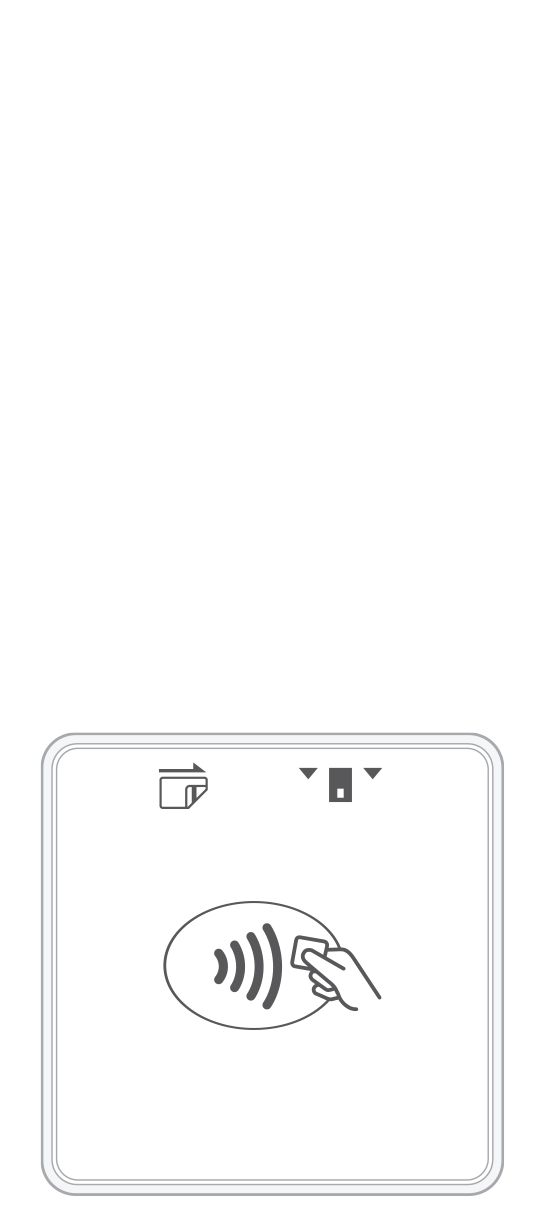 3-in-1 Reader | 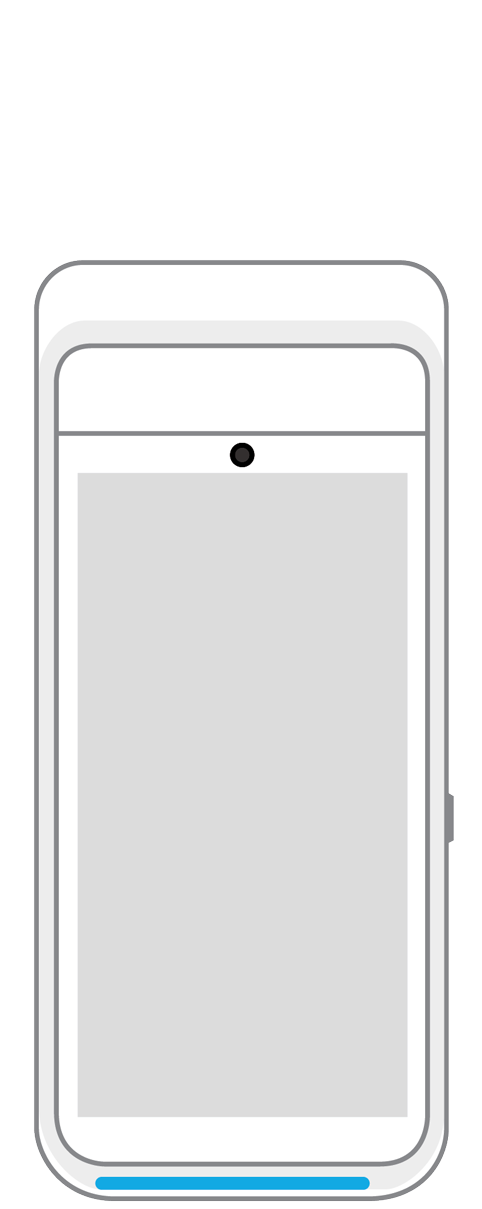 Terminal | 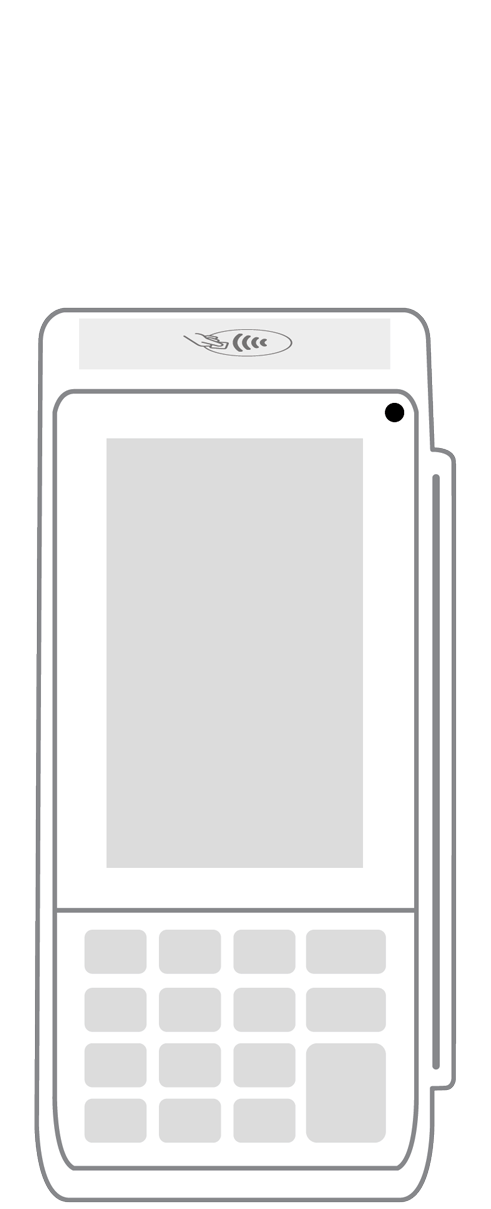 Keypad | 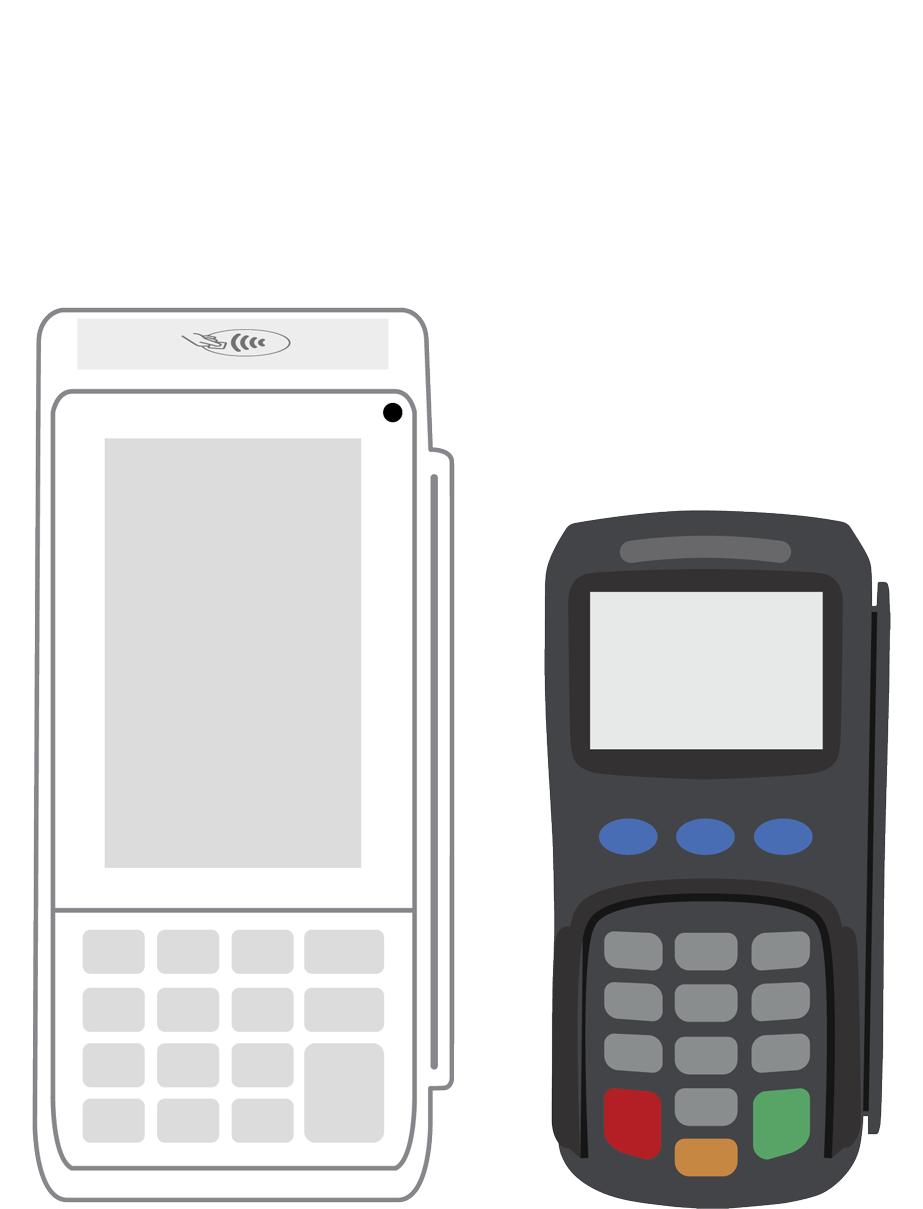 PINPad Pro | 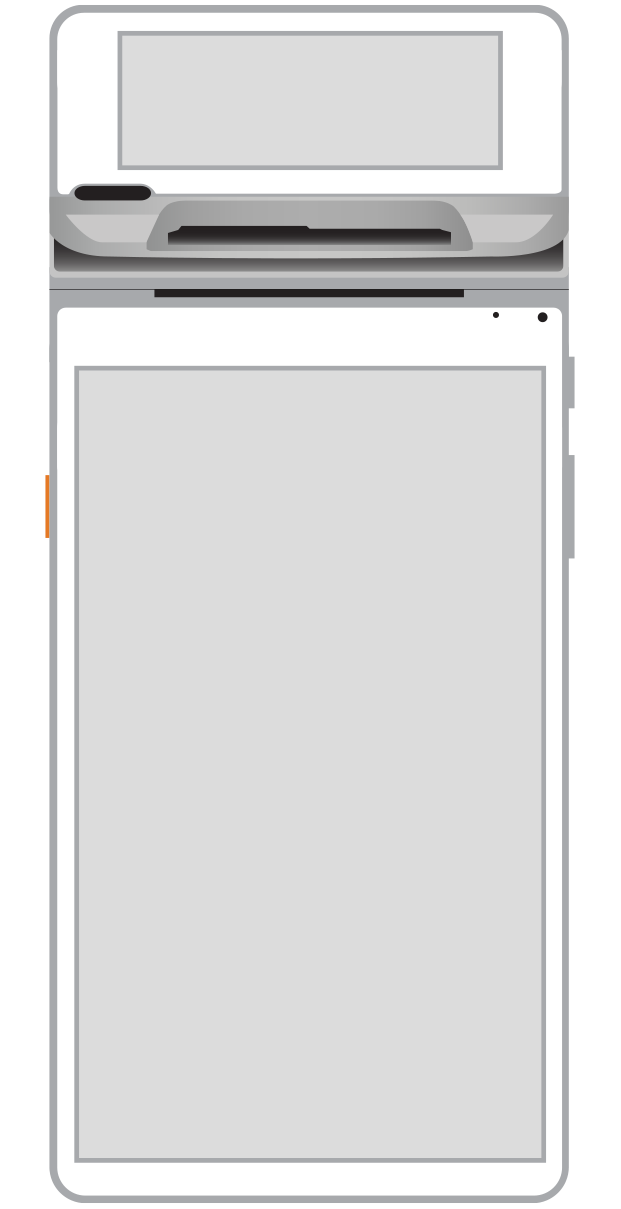 Flex | 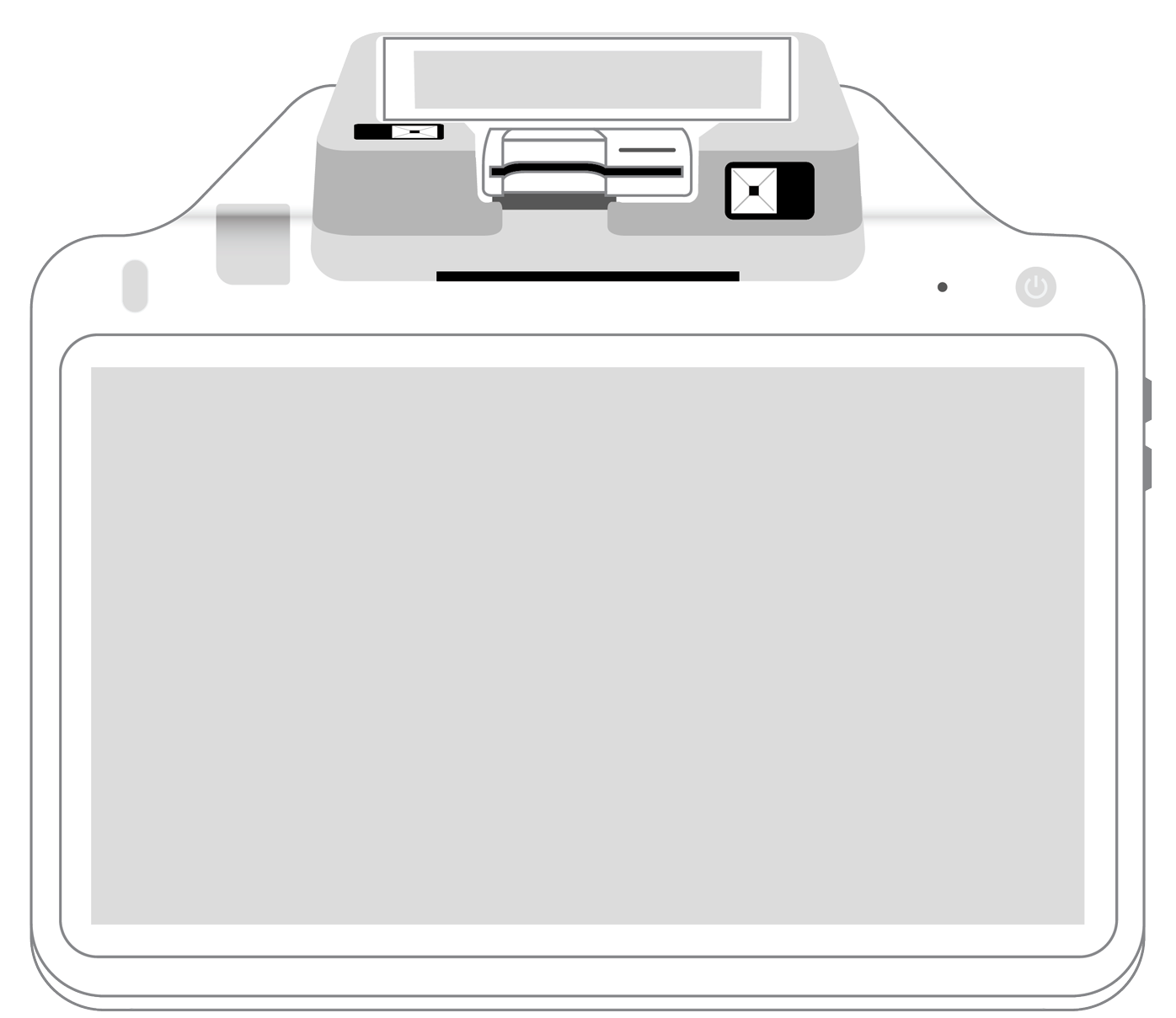 POS+ | |
|---|---|---|---|---|---|---|
Payment types | ||||||
EMV chip card payments (dip) | ||||||
Contactless payments (tap) | ||||||
Magstripe payments (swipe) | ||||||
PIN debit + EBT | ||||||
Device features | ||||||
Built-in barcode scanner | ||||||
Built-in receipt printer | ||||||
Customer-facing second screen | ||||||
External pinpad | ||||||
Wireless use | ||||||
Network | ||||||
Ethernet connectivity | With dock | |||||
Wifi connectivity | ||||||
4G connectivity | ||||||
Pricing | ||||||
Free Placement | ||||||